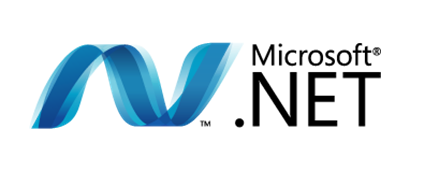The Microsoft .NET framework is a software platform for Windows operating systems. It acts as the framework for a number of programming languages which provide interoperability between them. It includes a .NET library which is available to all languages that it supports.
Software programs written for .NET run in an environment called the Common Language Runtime (CLR) which is an application virtual machine providing memory management and exception handling. The .NET base class library delivers the database connectivity, data access, user interface, web application development, algorithms and network communications used by .NET programmers in conjunction with their custom software development.
.NET is intended as the development framework for software applications written for Microsoft Windows operating systems. Microsoft’s SDK for Windows 7, .NET Framework 4.5 or Visual Studio can also be used on top of .NET.
Microsoft .NET Framework Architecture
Common Language Infrastructure (CLI)
The CLI delivers a language agnostic platform for software application development and execution.
.NET Assemblies
CLI code is located in .NET assemblies and stored in Portable Executable (PE) format for DLL and EXE files.
.NET Security
.NET security has two features, Code Access Security (CAS) and validation and verification. CAS uses evidence attained from a specific assembly such as the source of the assembly (local or internet) to derive the permissions granted to the code item.
The .NET Class Library
A set of standard class libraries are provided to all CLI languages with the .NET framework organised into namespaces, either System.* or Microsoft.*. They offer common functions such as database interaction, graphical management, XML manipulation and file manipulation. It is divided into the Base Class Library (the basic API of the CLR) and the Framework Class Library (a superset of the Base Class Library).
.NET Memory Management
.NET handles memory management itself, the allocation and freeing of memory being handled by the Garbage Collector (GC) – a non-deterministic, compacting, mark and sweep garbage collector.
The Microsoft Enterprise Library
The Microsoft Enterprise Library is a set of programming libraries and tools for the Microsoft .NET Framework. It delivers API’s to support core areas of programming such security, data access, exception handling and logging. The Microsoft Enterprise Library is available as source code or binaries and can be customised as required by the developer. It has many benefits including workload reduction through tried and tested code.
Microsoft’s integrated development environment (IDE) for .NET software is Visual Studio.
Surya Solutions are Microsoft Gold ISV & ALM Partners and are experts in development in the .NET framework and its associated CLI compliant languages including ASP.NET, C#.NET and VB.NET.
Read more about our Development Services or contact us to discuss your requirements.
